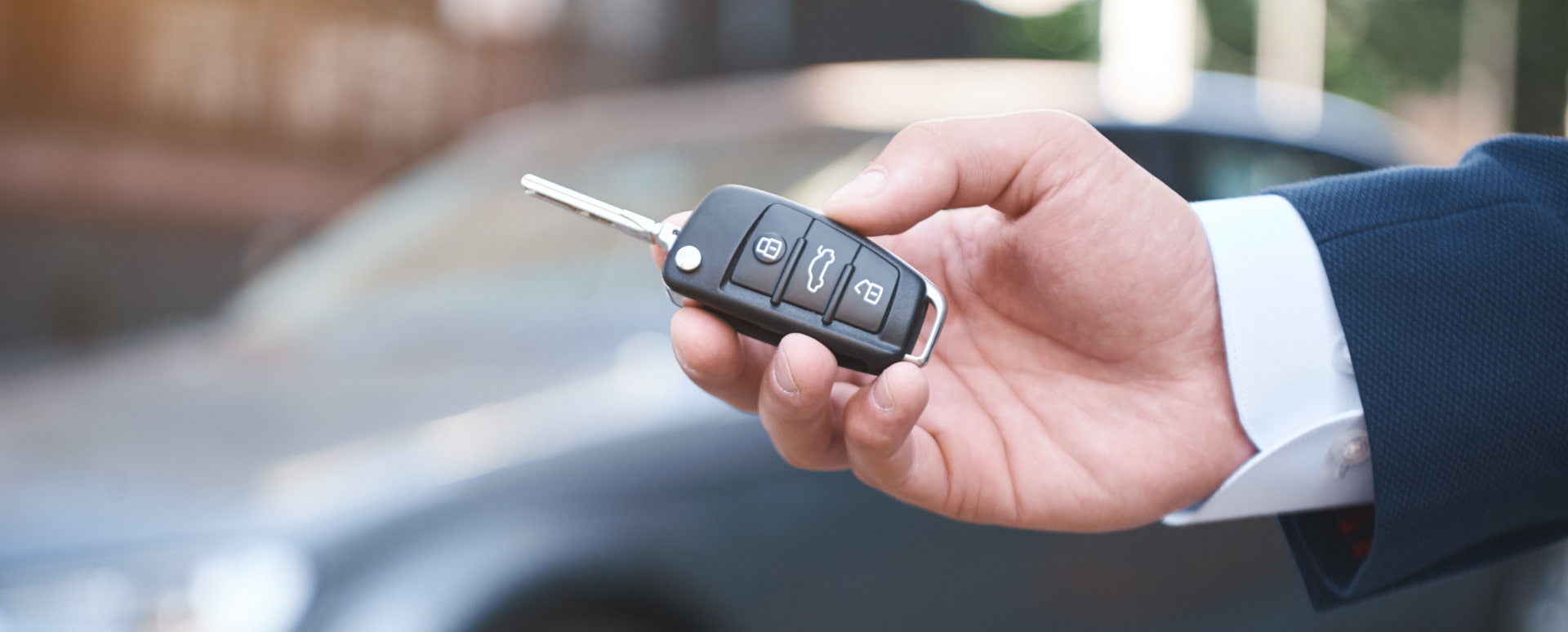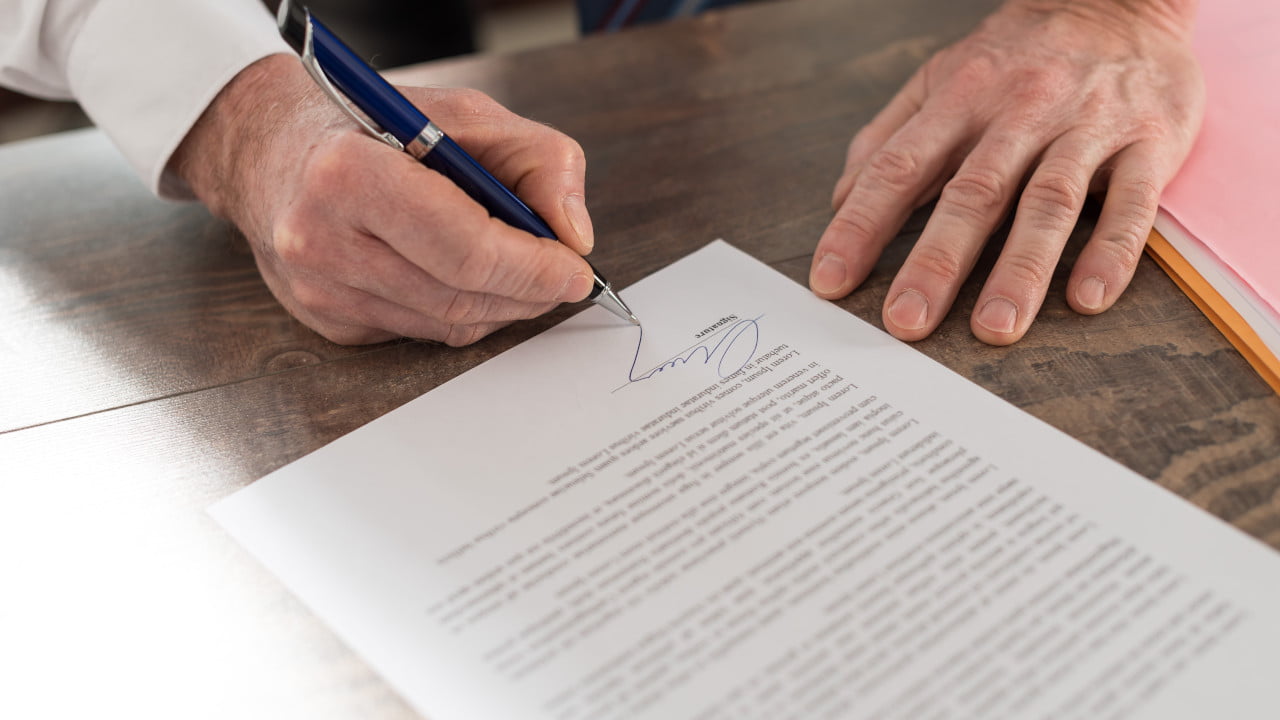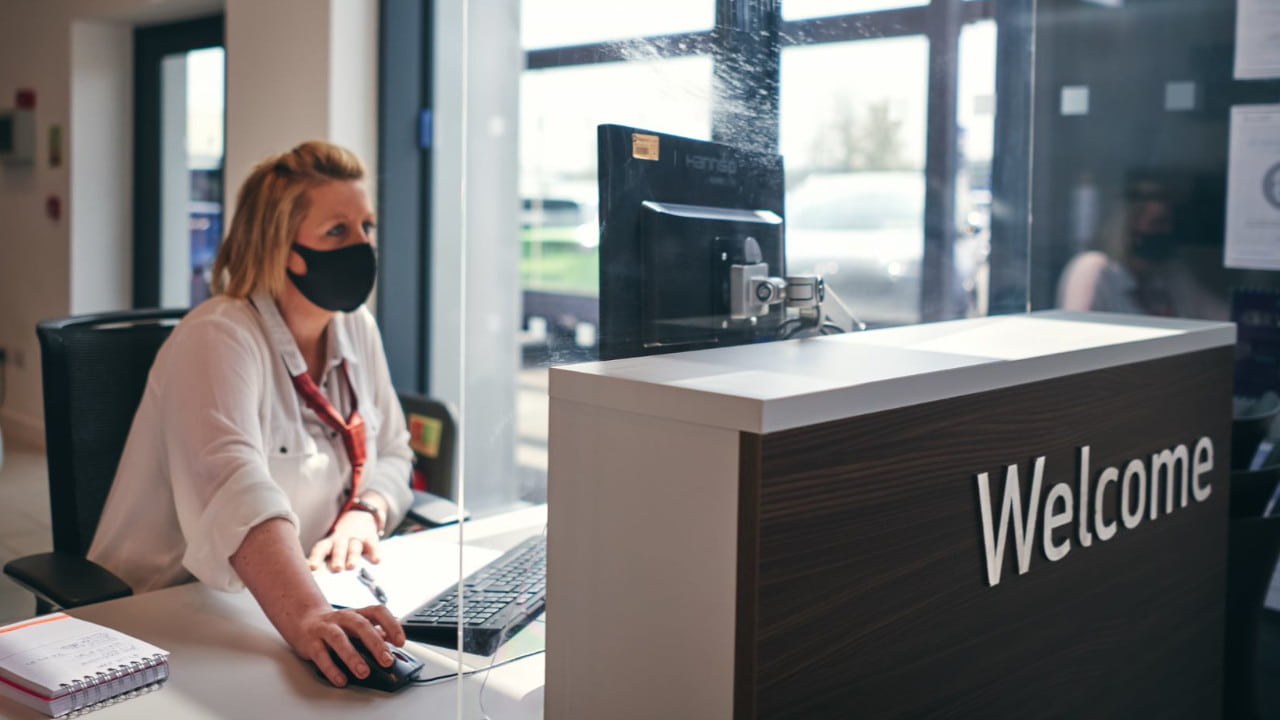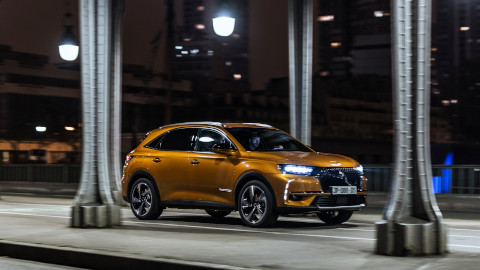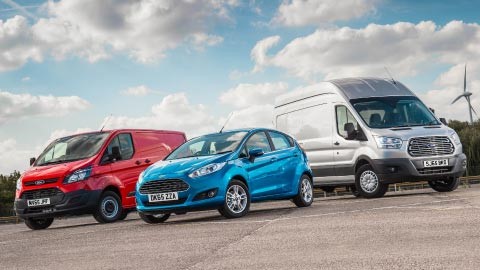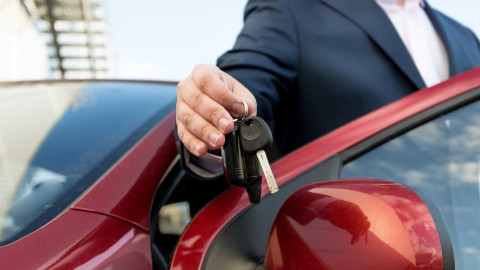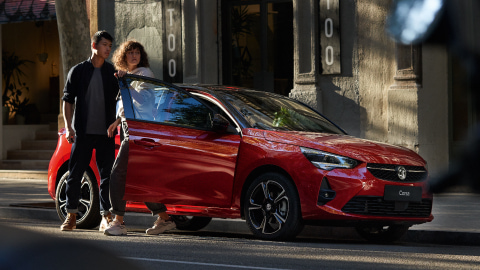Should You Lease or Buy Your Next Car?
08th Sep 2022
By Edward Cook
Making the right decision
So you're browsing the web for a new car, narrow it down to a couple of options and then come across various payment terms and acronyms to choose from such as Personal Contract Purchase (PCP), Hire Purchase (HP) and Personal Contract Hire (PCH). This choice can often leave many scratching their heads wondering which is the most suitable for them.
In short, the answer depends on your individual wants and needs. For example, some people cherish being the outright owner of a vehicle, whereas others are more focused on saving as many pounds and pennies as possible.
There are a number of factors to consider before you decide whether buying or leasing is the best route for you, and we've explained each in more detail below.
- Car leasing explained
- Pros and cons of car leasing
- Car buying explained
- Pros and cons of car buying
- Summary
Leasing Explained
The easiest way to understand car leasing is by thinking of it as a long-term hire, similar to the way you'd rent a house. A lease price is determined through consideration of a number of factors including vehicle value, length of lease, initial deposit and your expected mileage.
This lease price is then split into fixed monthly payments that will last the length of your contract. At the end of your lease period, simply return the car and start another lease on a new vehicle. If you no longer require a vehicle or want to use a different payment option, you're free to do so, as there's no commitment when your lease period is finished.
Leasing is a great choice for those who regularly fancy a new vehicle after a few years, or want to drive the newest vehicles for the lowest cost, as leasing generally comes with a lower payment per month when compared to purchasing.
The pros and cons of leasing
The option of leasing comes with a number of benefits that make it an attractive choice, but it's worth considering both sides of the argument to understand which is the best for you. We've made a table below to highlight the pros and cons of leasing:
|
Pros |
Cons |
|
Customisable mileage to suit personal requirements |
You won't be the outright owner of the vehicle |
|
Stress-free motoring due to protection from depreciation |
Extra costs if going beyond mileage agreement |
|
Manufacturer warranties normally last for most, if not all, of the lease |
If the vehicle is returned with damage, you'll have |
|
Road tax covered by leasing company |
Cannot modify the vehicle |
|
Avoid the hassle of selling your vehicle at the end of the contract |
|
|
Lower upfront and monthly payments |
|
Buying Explained
Whether buying the car with a lump sum of cash, or spreading the cost over a number of years using PCP or HP options, there are a number of benefits to purchasing a vehicle and being the outright owner. If paying with cash, it's as simple as that, no explanation needed. But when financing using either PCP and HP, you'll need to understand the difference between the two and how they compare to leasing.
PCP is where you pay an initial deposit, finance a partial amount of the sale price, and at the end of the finance agreement, you'll pay a larger sum, often known as a balloon payment, to clear the balance. HP is a similar process, but instead of having a balloon payment, you'll finance the total sale price of the car, which often leads to higher monthly payments.
Either are effective ways of spreading the costs of purchasing a vehicle, but the main difference when compared to leasing is that you'll be the owner of the vehicle.
The pros and cons of buying
Many take pride in being the owner of a car, but there are plenty of other benefits of buying a vehicle. However, there are a few things to consider before committing to this payment method. Again, we've highlighted the key points of buying a car in the table below:
|
Pros |
Cons |
|
You'll be the owner of the car |
The costs of owning a car, including servicing, |
|
No mileage limits once the balance has been cleared |
Monthly payments will be higher |
|
Can use the vehicle as a part-exchange towards a new vehicle |
Value can be lost due to depreciation |
|
You can sell the car whenever you like |
Vehicle write-off could lead to outstanding balance |
|
Have the option to own the car via balloon payment |
|
|
|
|
|
Once the balance is paid in full, |
|
Leasing vs Buying Summary
Ownership
When you lease a car, you won't be the outright owner, whereas when you buy a car, you will be once the finance has been paid off.
Monthly payments
As you're not financing the total cost of the car, leasing often has lower monthly payments than buying a car using a finance method.
Use of car
Buying a car means you're free to drive it as much as you want (once the finance has been cleared), whereas lease agreements often have mileage limits that you can't exceed.
Maintenance
You're responsible for maintaining the car in both. Manufacturer warranties usually cover the total length of a lease agreement, whereas if you buy and own a car for a significant amount of time, it could go beyond the manufacturer's warranty timeframe.
Selling the car
At the end of a lease agreement, you simply hand the car back and walk away if you're not looking for a new lease deal. If you want to end the lease deal early, you may have to pay an early termination fee.
If you buy a car, you're free to sell it whenever you want by finding a buyer or selling it to a dealership using a service such as our Sell Your Car process. When you buy a car using finance, you'll need to clear the finance before it can be sold privately.
So, which is the one for you?
As you would've worked out, there's a lot to consider when it comes to deciding how you'll pay for your next car. But at the end of the day, it's dependent on your own preferences and needs. Here are a few key points to consider:
- Do you want to be the outright owner of the vehicle?
- How often will you want a new vehicle?
- Remember that if buying, vehicle depreciation will affect the car's overall value and may not be what you expected when purchasing.
- Leasing is arguably less hassle than buying as the car is under warranty for, at least, the majority of the leasing period.
Before committing to a payment option, you'll need to ensure you fully understand what each mean and their potential costs, as they're long term commitments with a considerable amount of money.
Our blog section has a variety of handing guides to help you expand your knowledge on various elements of car ownership. The friendly associates at your local Evans Halshaw dealership will also happily explain the various options to you in more detail to help you get out on the open road.

